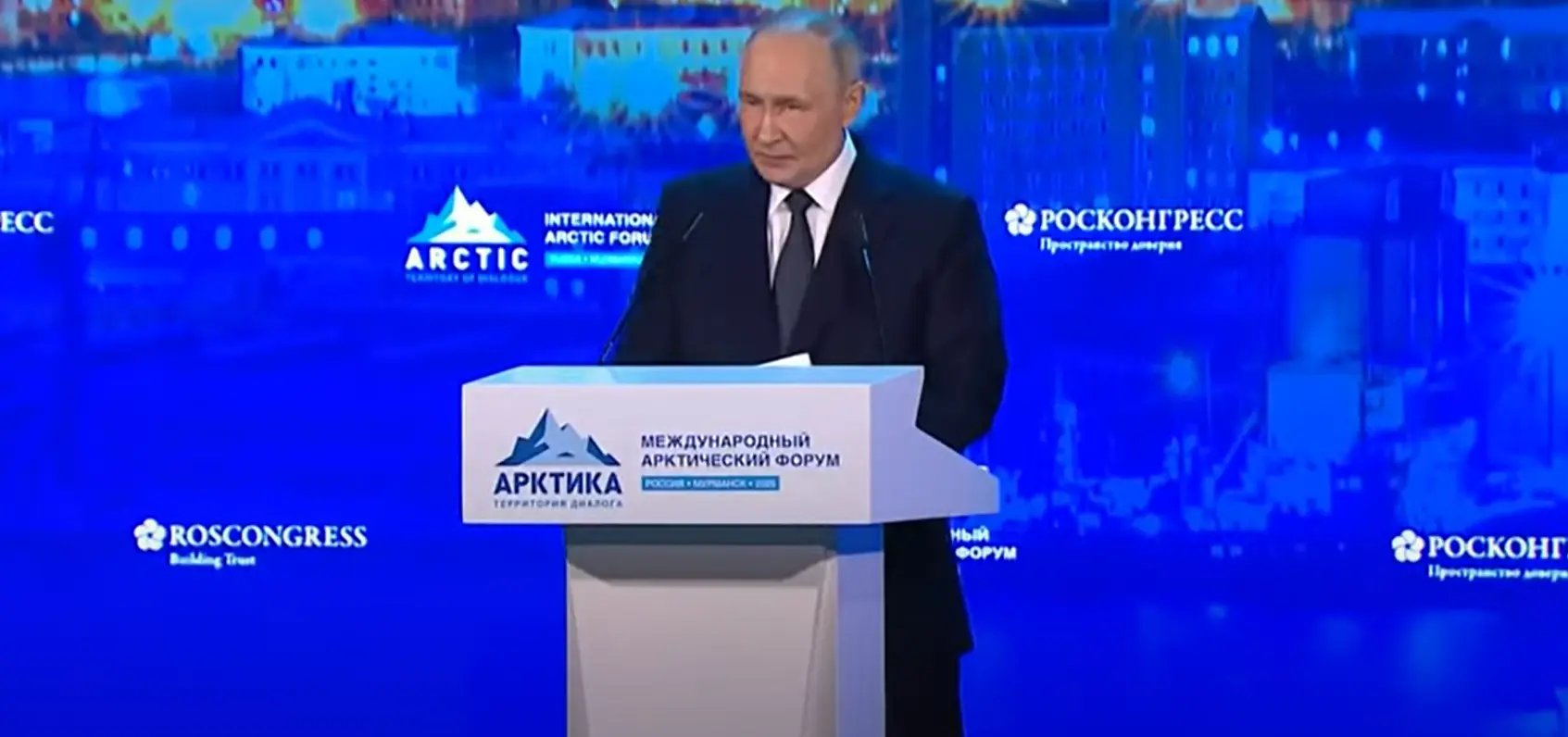(Evaluation) Three years after Russia’s invasion of Ukraine, diplomatic efforts to finish the battle have stalled, ensnared by U.S. requires a right away ceasefire and Russia’s insistence on a complete settlement.
Simply weeks in the past, the peace course of held promise below American management, but it surely now faces impasse, pushed by battlefield shifts and deepening distrust.
Negotiations in Riyadh earlier this month underscore the rift. The USA seeks a broad ceasefire to halt hostilities swiftly, a precedence some attribute to home stress on President Donald Trump for a fast win forward of the 2026 midterms.
Russia, nonetheless, calls for a full settlement first—Ukraine’s exclusion from NATO, the cession of 4 japanese oblasts (Donetsk, Luhansk, Zaporizhzhia, Kherson) plus Crimea, and a scaled-back Ukrainian army—earlier than pausing its marketing campaign.
A senior Kremlin official’s assertion final October rejected a U.S. truce proposal for ignoring NATO growth, a sore level tied to the Minsk agreements’ unresolved eight-year run, when Ukraine rearmed, analysts observe.

Failed Stopgaps
Smaller initiatives have unraveled. A deal to resume Black Sea grain exports has stalled, with European Union leaders, at a March 15 Brussels summit, declining to raise agricultural sanctions—a situation Russia demanded, repeating 2022’s unfulfilled pledges and catching U.S. negotiators off guard, diplomatic sources say.
A 30-day truce on power facility strikes, introduced in mid-March, lacks consensus: Russia cites a March 18 begin, however Ukraine and the U.S. haven’t confirmed, and Kyiv’s continued drone assaults on Russian refineries have prompted Moscow to threaten withdrawal, Reuters studies.
These efforts, bypassing NATO and territorial disputes, have didn’t advance the struggle’s central points.
Mounting Obstacles
A number of components entrench the stalemate. Ukrainian President Volodymyr Zelensky, in a March 25 handle, dismissed diplomacy as futile, betting on outlasting Vladimir Putin, and has actively undermined U.S.-Russia talks, deeming Moscow’s phrases unacceptable, Kyiv officers verify.
Europe is split: NATO Secretary Common Mark Rutte, talking in Brussels on March 22, dominated out normalizing ties with Russia for many years, but international locations like Hungary and Slovakia sign willingness to barter, providing Washington potential leverage.
Within the U.S., the method falters—negotiators inexperienced in superpower talks face Russia’s seasoned crew, whereas hawkish figures like Senator Marco Rubio resist compromise, a divide highlighted by the leaked March 20 Sign chat.
Russia, in the meantime, holds agency. Putin, in a March 28 speech in Murmansk, boasted of frontline good points, hinting at a spring offensive—probably focusing on Ukraine’s Dnieper River industrial hub—that would tip the scales.
Moscow’s calls for stay non-negotiable, bolstered by territorial management, although its restraint in avoiding heavy strikes on Kyiv suggests a bid for victory with out infinite struggle, observers say. Nonetheless, Russian army voices push for escalation, fearing one other Minsk-style delay.
U.S. Choices Slender
The dangers are acute. Failure may lead Russia to escalate infrastructure assaults, threatening a humanitarian disaster, or, in an excessive case, trace at nuclear choices if NATO’s eastward push, and Russia’s restricted assets, intensifies its perceived menace, safety consultants warning.
Ukraine, reliant on Western assist, bears the brunt—its mineral wealth focused by international traders, its casualties rising—whereas Europe’s unity weakens, a shift some Ukrainian officers name strategic opportunism.
U.S. choices are constrained. Ready for Russian good points may drive Ukraine and Europe to yield, particularly as Biden-era assist, projected to lapse by July 2025 per Pentagon estimates, faces a Congress reluctant to increase funding.
Alternatively, Washington may scale back assist to nudge Kyiv towards talks—probably participating Ukraine’s opposition—whereas courting amenable European states to fracture EU resolve.
Discreet talks with Moscow to restrict territorial losses are possible, although prior leaks and Russian wariness complicate efforts. Escalation lacks congressional assist, and withdrawal dangers diminishing U.S. affect in Europe.
A Fragile Future
The deadlock exposes wider fault strains. Ukraine’s dependence on Western backing has left it susceptible, whereas Europe’s powerful stance conceals disarray, prolonging the struggle.
The U.S., grappling with inner divisions, faces a actuality the place diplomacy could cede to Russia’s army edge.
As Putin readies his subsequent step and Kyiv stands defiant, talks stay idle—no new classes deliberate, per a March 27 State Division briefing.
Decision, whether or not by deal or drive, awaits the approaching months, with steep prices looming regardless.
Ukraine Peace Talks Teeter as Uncertainty Clouds Progress



